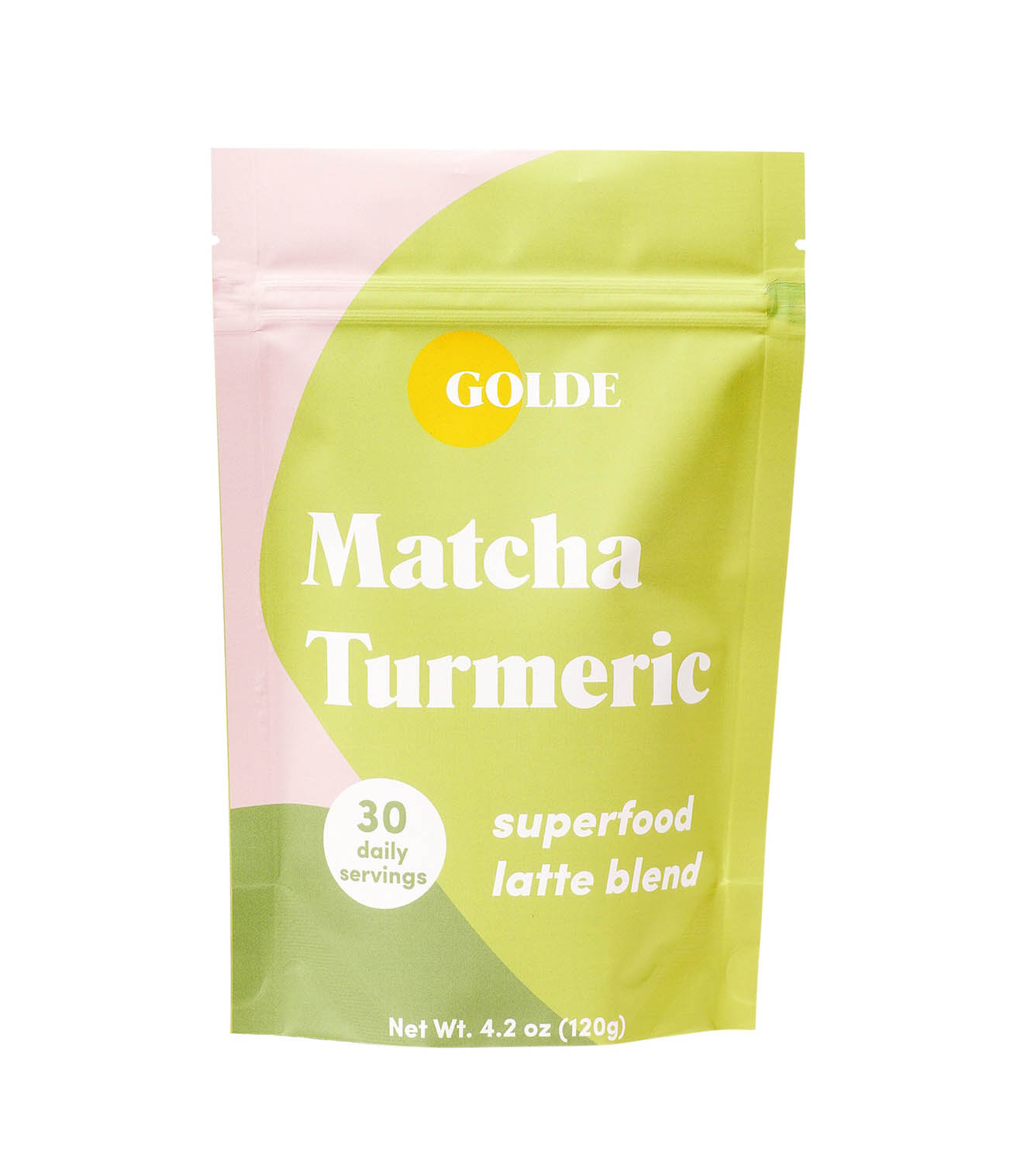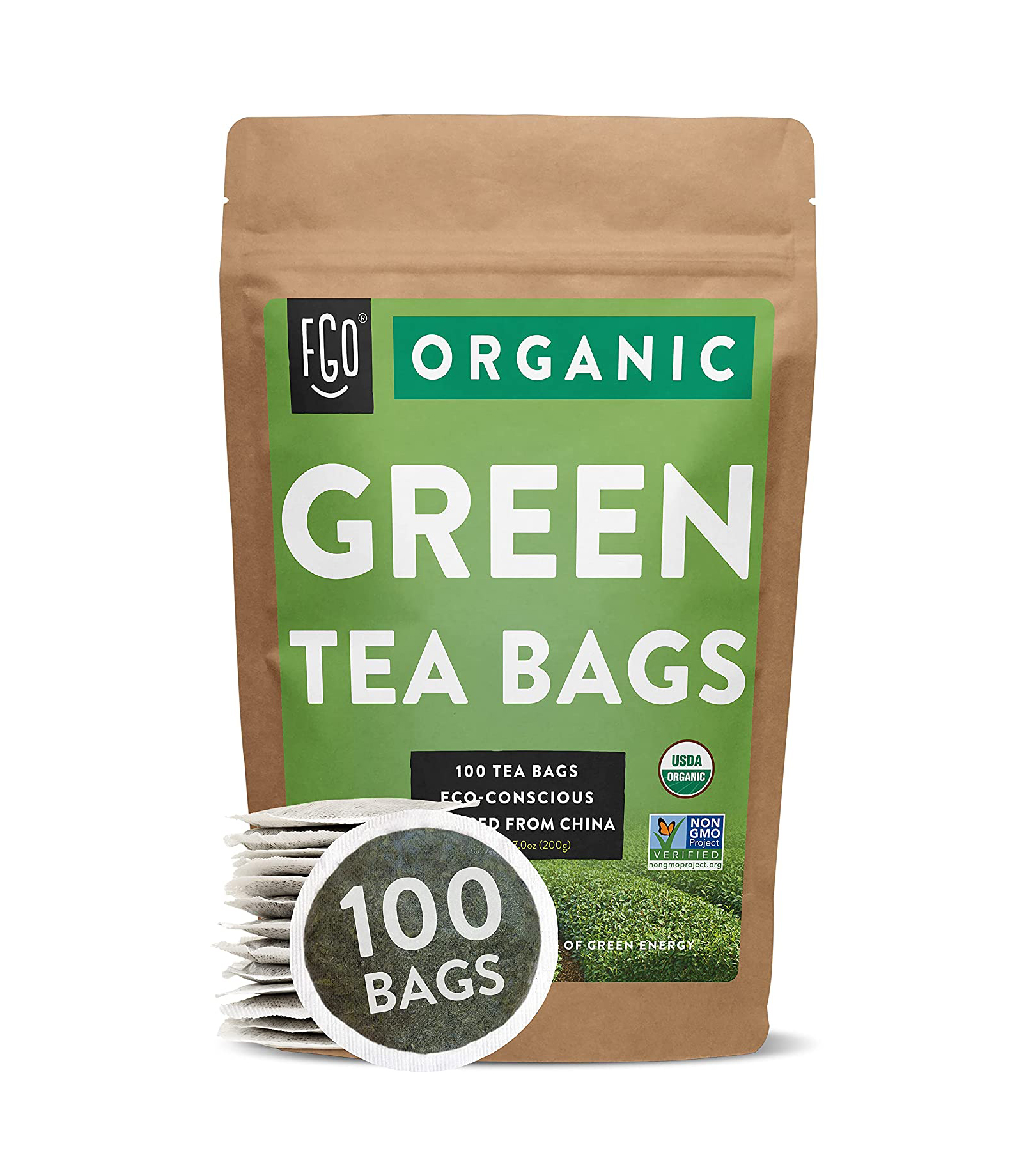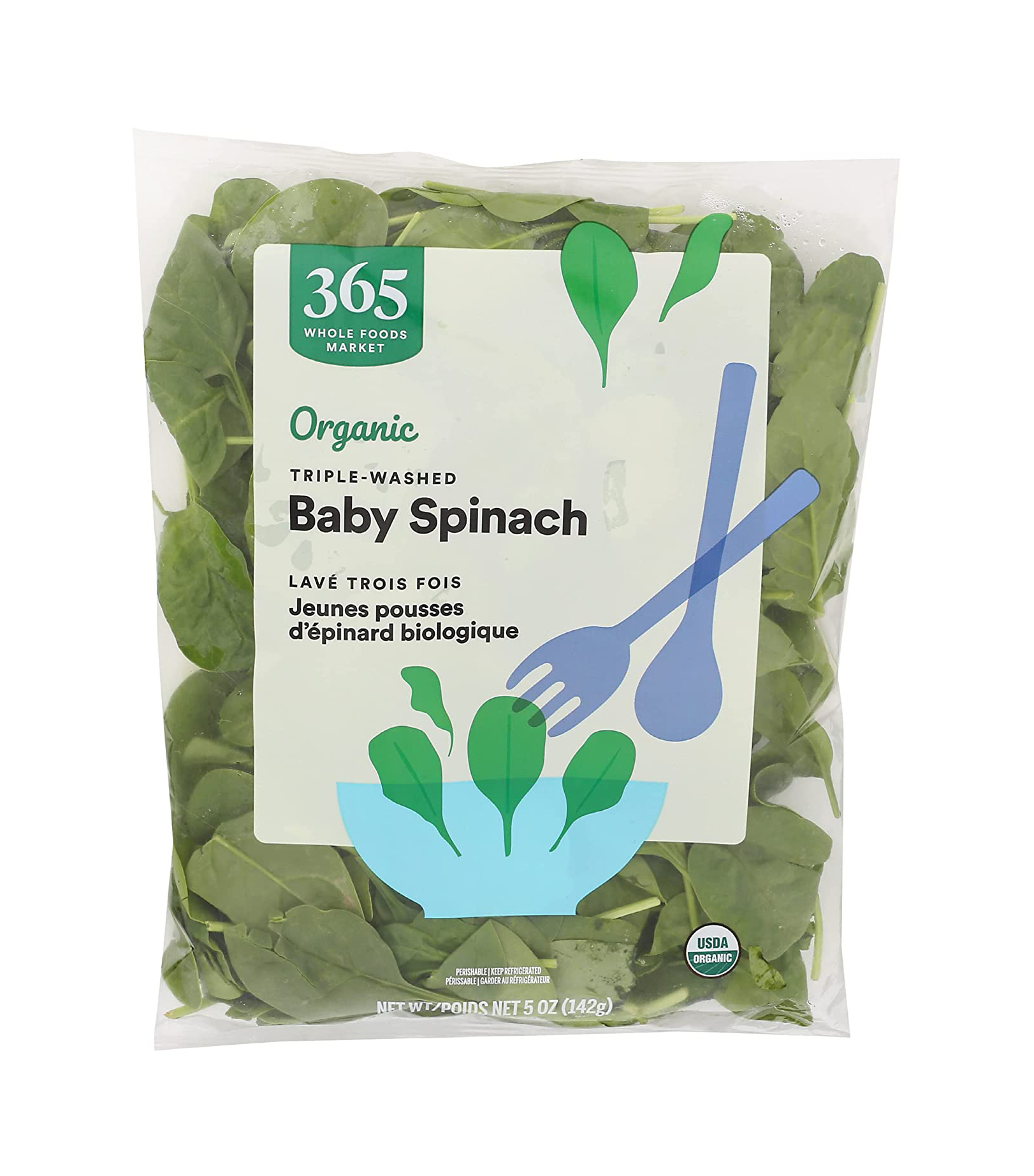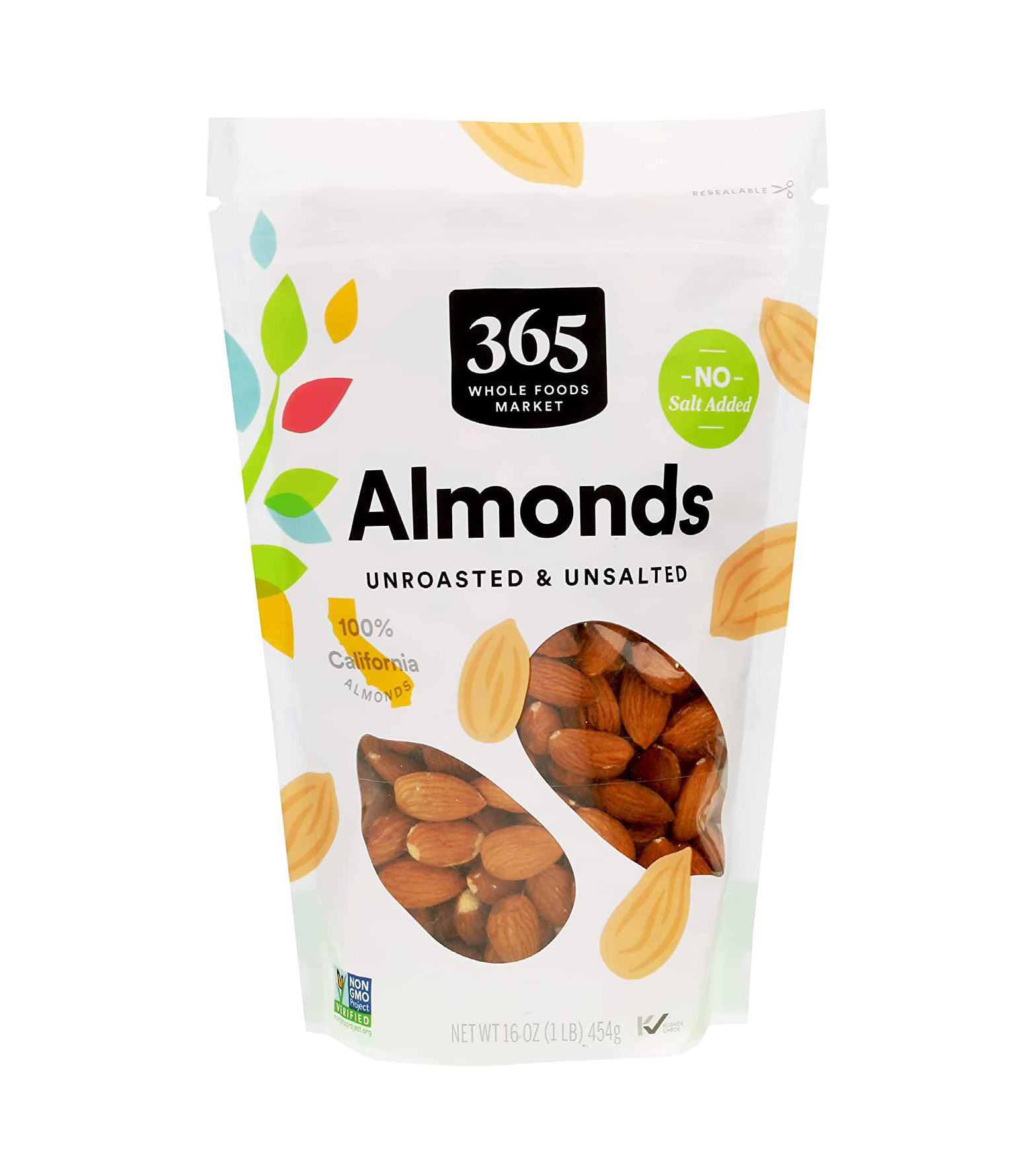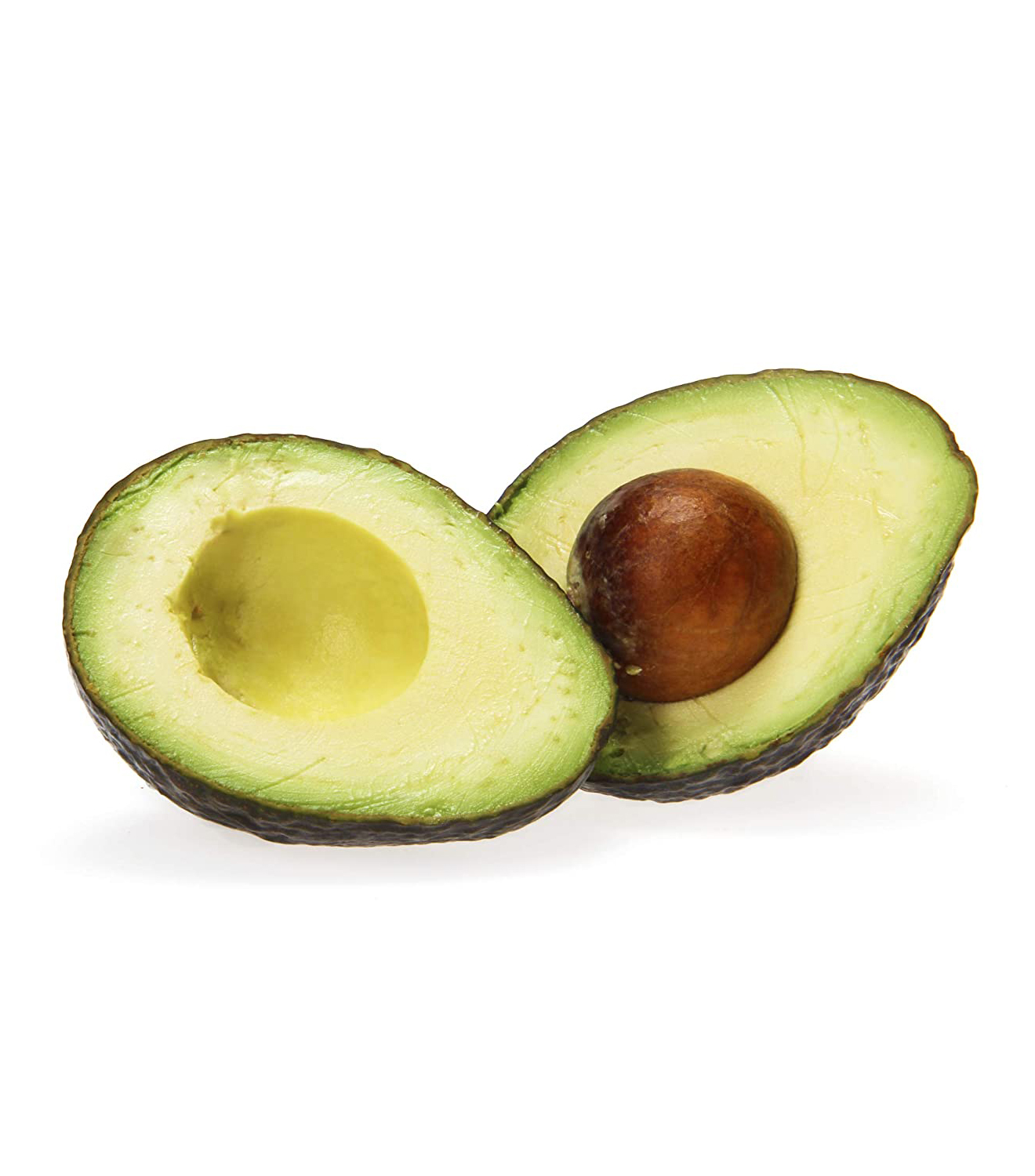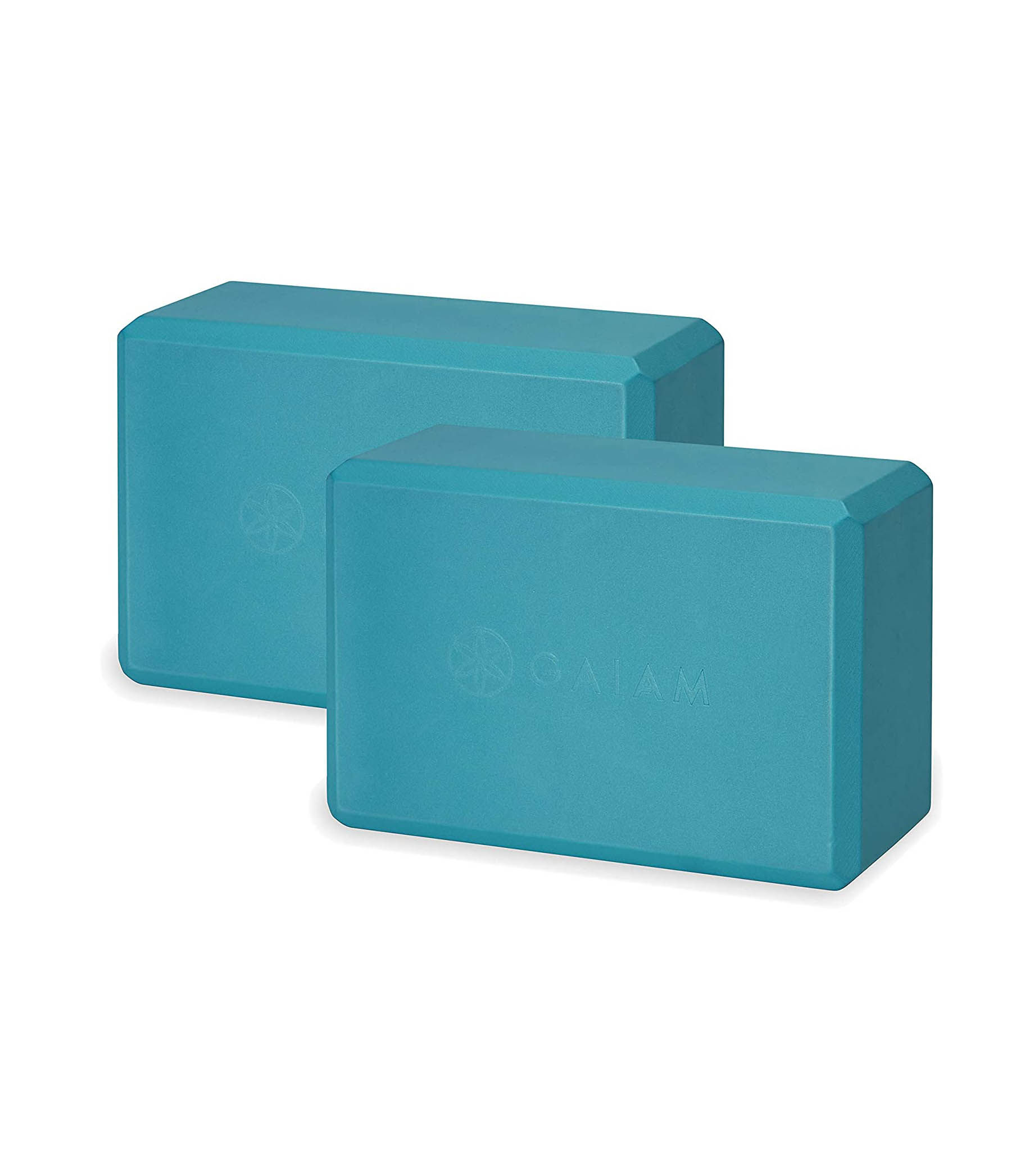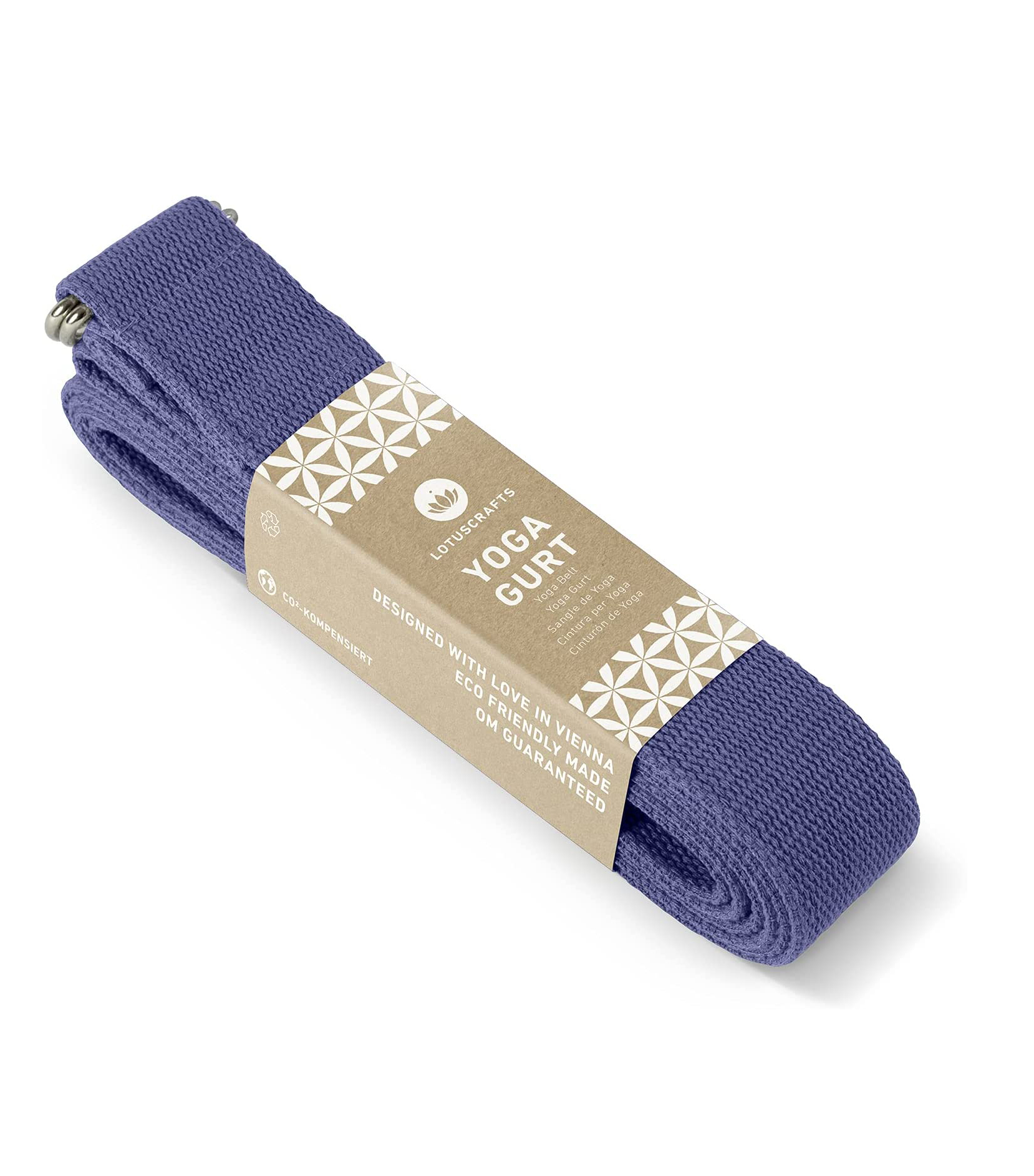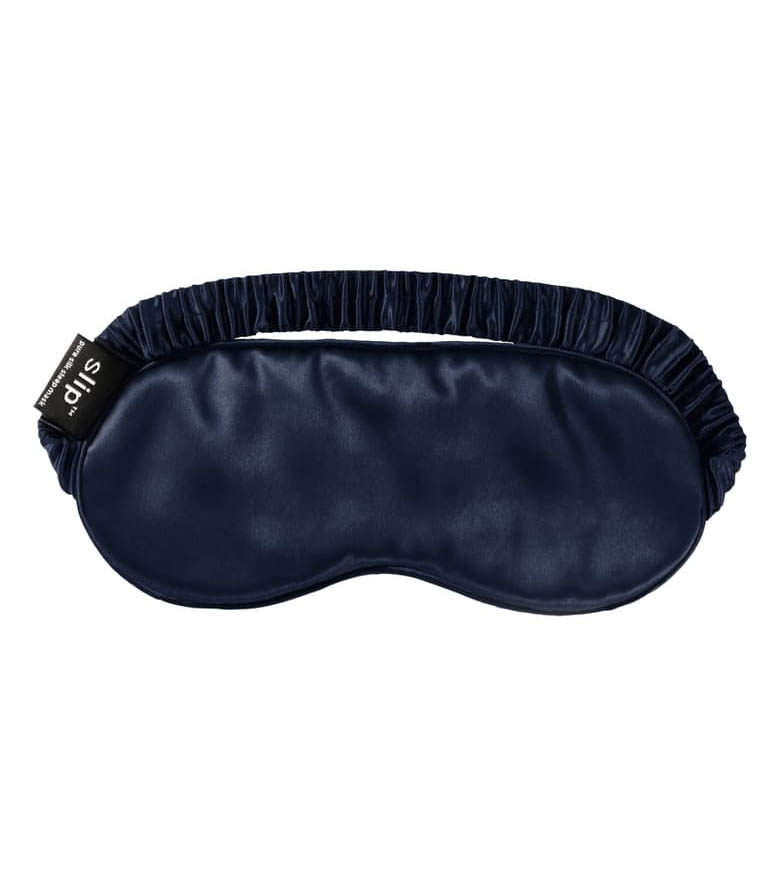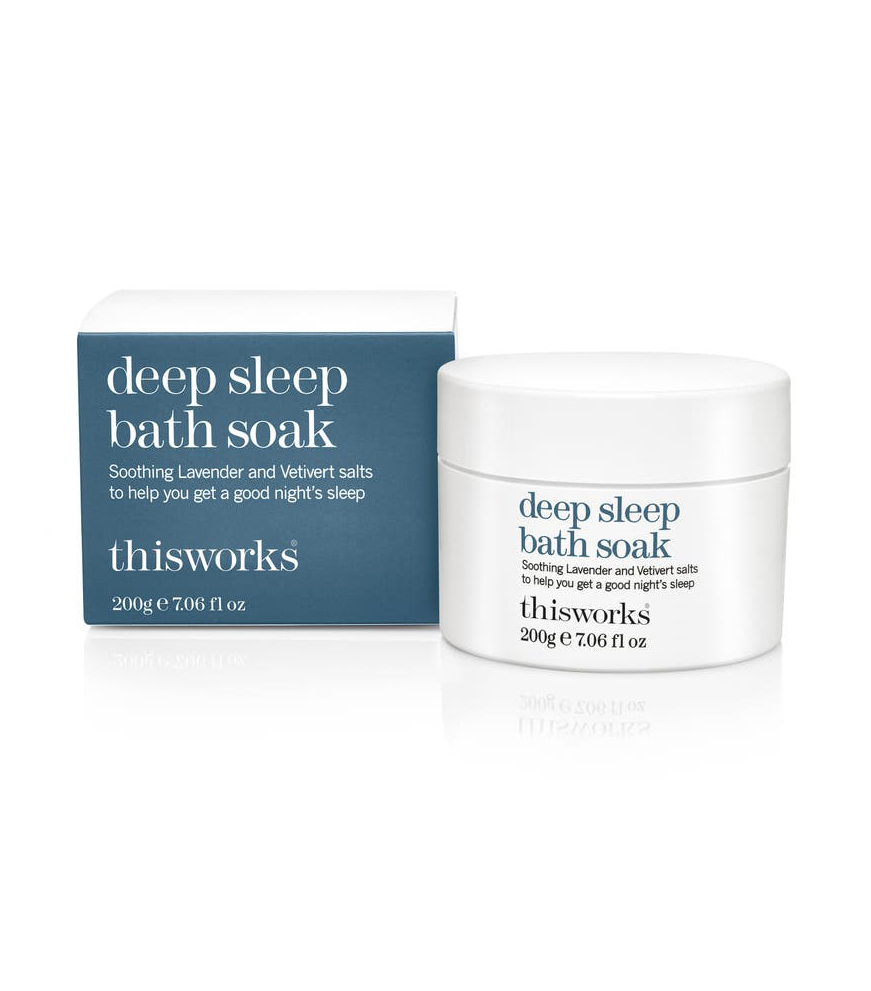5 Ways to Fight Fatigue Before Your Period
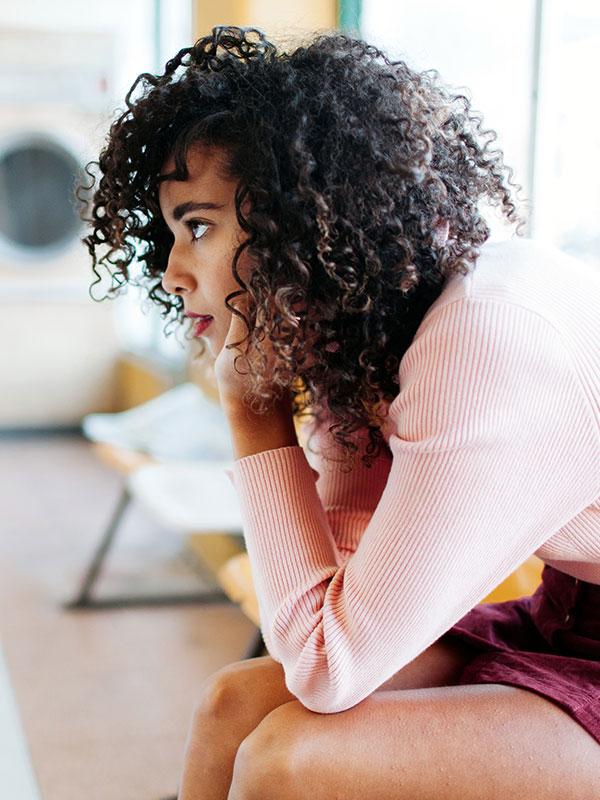
Cramps, nausea, headaches, bloating, breakouts, fatigue… Your period really does a number on your body. The last one tends to hit you the hardest about a week before you get your period. You find yourself yawning during important meetings. You feel too tired to go out to dinner with friends. And it's extra hard to get out of bed in the mornings. The fatigue certainly doesn't help the other PMS symptoms you have to deal with, either.

But why do we get so damn tired? Your body thinks it's prepping for a baby and ramps up the hormone process. Yes, even if you're nowhere near ready for a baby, your body does the work every cycle.
"The progesterone hormone peaks around day 21 of your cycle," says Heather Bartos, MD, a board-certified ob-gyn and founder of Be. Women's Health and Wellness clinic. "It's just like when you first become pregnant and that progesterone hormone is super high—women literally fall asleep in their food—so it slows you down, and some women become just super, super tired. There's a physiological reason to get you ready in case you're going to be pregnant."
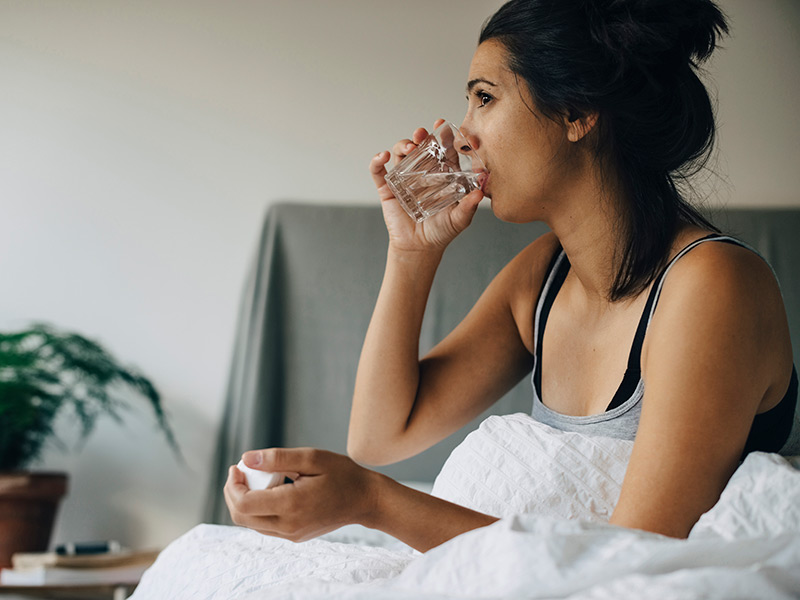
Before your period, your progesterone hormone levels won't be as high as they would be when you're pregnant, but at a level of six to eight, Bartos explains. This will make you feel generally worn out. If you realize the tiredness is lasting much longer or is much more intense, then you might want to discuss the problem with your doctor.
But once you get your period (generally around day 28), you should feel better. "Once you ovulate, your body is like, 'Oh, am I going to get pregnant? Let's get ready. Let's get that progesterone level up a little bit to support a baby,' and then your body realizes, 'Nope, no baby,' so then the progesterone levels drop," explains Bartos. The rise and drop in hormone levels can cause sleep disruptions.
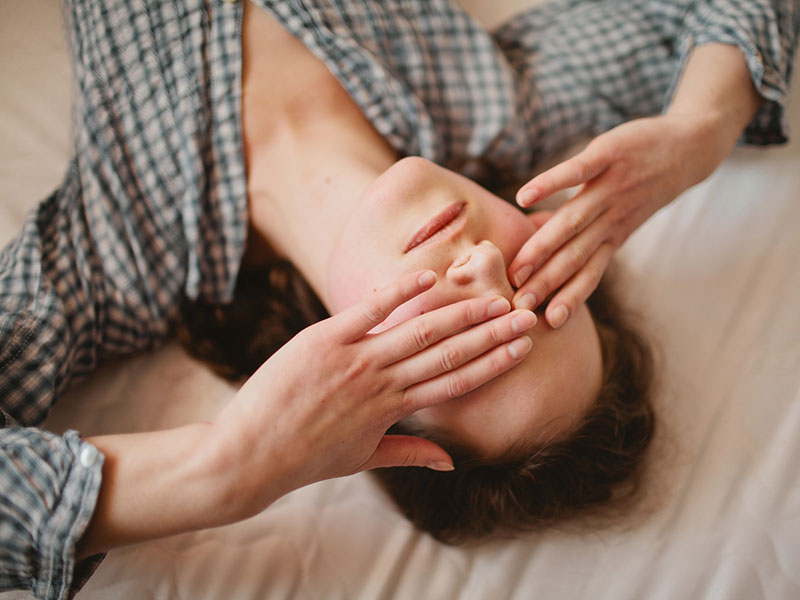
While you can't exactly stop your body from doing this, there are a few steps you can take to feel less tired or increase your energy levels. Here's what to try.
1. Drink Green Tea Instead of Caffeine
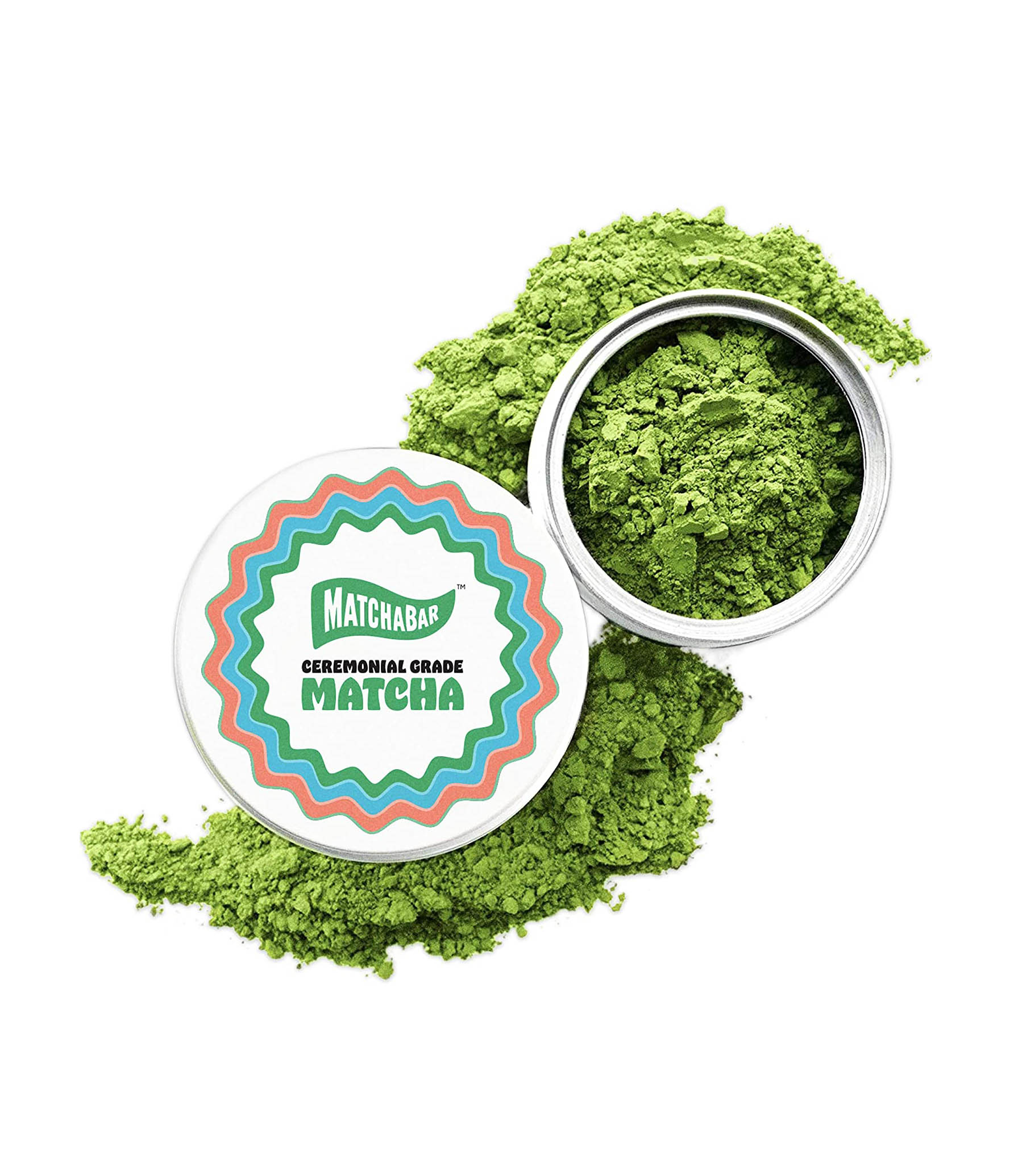
You might be hitting the coffee and espresso hard because you're so tired, but Bartos suggests opting for green tea instead. Higher levels of caffeine can make breast pain or tenderness worse—and you know your boobs can get pretty sore when you're PMS'ing. This is especially true if you have fibrocystic breasts (when your breasts are tender and lumpy). It's considered normal but can get worse before your period.
"Go low and slow on the caffeine; don't try to do a Red Bull or a Monster energy drink, but just nice and slow," Bartos recommends. "Have a green tea in the morning, maybe one around lunch. Just try not to go big balls out."
2. Change Your Diet
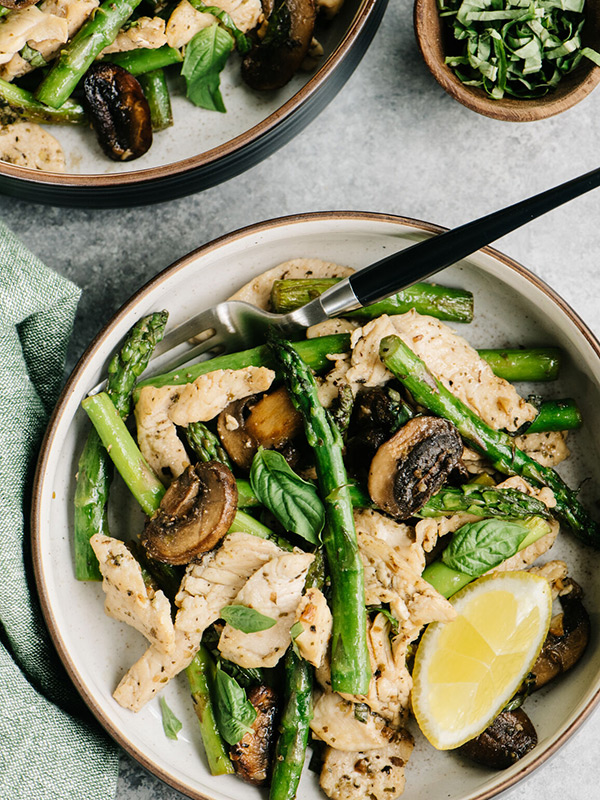
"Typically, women don't know about the fact that their metabolism changes in the second half of the cycle," explains Alisa Vitti, functional nutritionist, author, and founder of Flo Living. "In the first half of the cycle, your metabolism is slower, so you can live on fewer calories and you have more sustained energy, so you can do an intense workout and you'll be okay. In the second half of the cycle after ovulation, your calorie needs actually go up, so your metabolism speeds up." So it might help to eat more during this time to boost your energy levels.
3. Change Your Workouts, Too
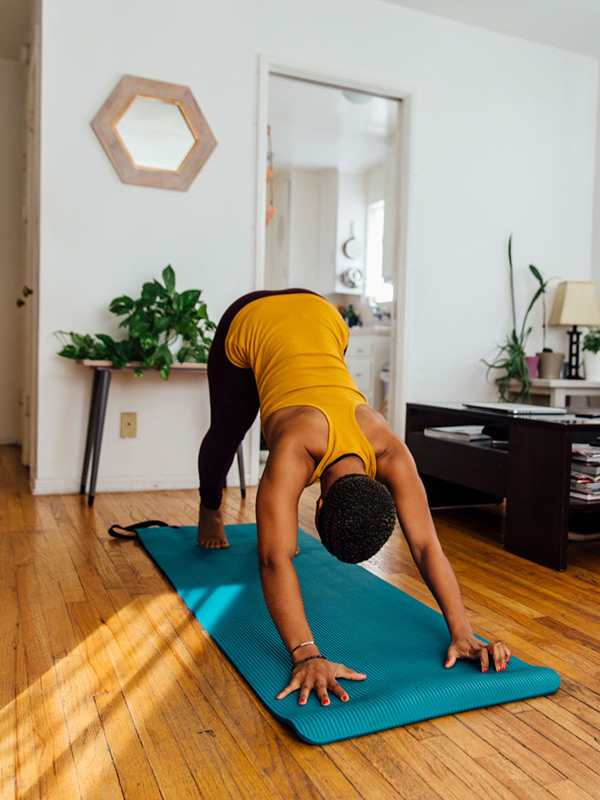
"Change your workout a little bit," Bartos says. "Don't go to CrossFit, maybe just do some Pilates stretches—you don't need to overdo it. If you're tired, you're tired. Just listen to your body." You can also try some restorative yoga poses, or a walk around the neighborhood if you want to move but don't have the energy to put in an intense session at the gym or studio.
4. Take a Nap
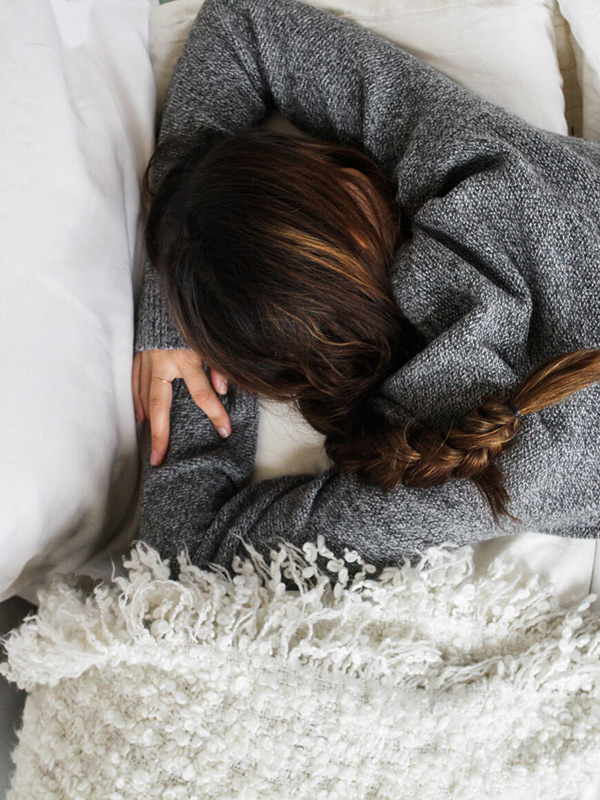
Bartos suggests taking a catnap if you want and to take it easy overall if you need to.
5. Track Your Cycle
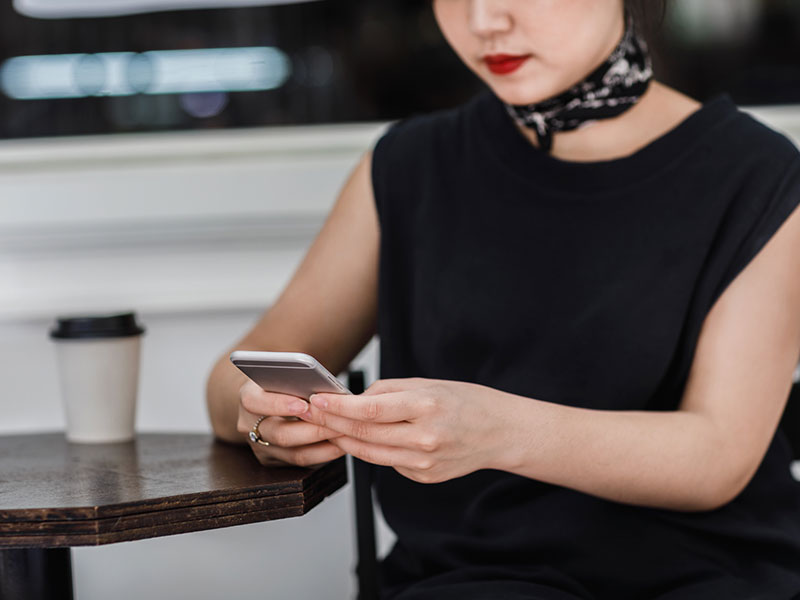
This is might be the opportune time to start tracking your cycle so you know when to expect these hormonal changes and imbalances and can make small lifestyle changes to improve the symptoms. And now, it's easy to track it through apps, like Vitti's MyFlo app.
"Women check their MyFlo app to know what's the weather pattern hormonally today," Vitti says. "It will help you figure out What should I eat? What should I do for a workout? Do I need more calories? Do I need more rest? What is it that I need so I can just do the right thing at the right time? Then you can avoid this fatigue spiral."
Next: For Cramps, Mood Swings, and More: The 6 Best Supplements to Take on Your Period
This article was originally published at an earlier date and has since been updated.
This article is provided for informational purposes only and is not intended to be used in the place of advice of your physician or other medical professionals. You should always consult with your doctor or healthcare provider first with any health-related questions.
Sarah is lifestyle writer and editor with over 10 years of experience covering health and wellness, interior design, food, beauty, and tech. Born and raised in Los Angeles, she attended New York University and lived in New York for 12 years before returning to L.A. in 2019. In addition to her work at Who What Wear, she held editor roles at Apartment Therapy, Real Simple, House Beautiful, Elle Decor, and The Bump (sister site of The Knot). She has a passion for health and wellness, but she especially loves writing about mental health. Her self-care routine consists of five things: a good workout, “me” time on the regular, an intriguing book/podcast/playlist to unwind after a long day, naps, and decorating her home.
